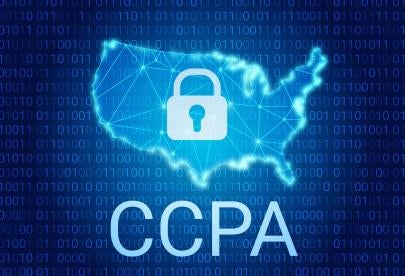So California passed a pro consumer privacy law in 2020. It gives the right to find out what info a business has collected, who it shares it to, and the delete it. Its not perfect as it targets big businesses not small businesses.
You can find some info on it here:
It got me thinking what would happen if this was used on the credit agencies. Would wipe out the credit file on hand? Would that be detrimental? Or how about on google and facebook? Would they then have grounds to terminate your use of their service (no youtube for you!) since they cant track you?
A lot of interesting implications here. I expect class action suits from many privacy advocacy groups.
- The right to know about the personal information a business collects about them and how it is used and shared;
- The right to delete personal information collected from them (with some exceptions);
- The right to opt-out of the sale of their personal information; and
- The right to non-discrimination for exercising their CCPA rights.
You can find some info on it here:
It got me thinking what would happen if this was used on the credit agencies. Would wipe out the credit file on hand? Would that be detrimental? Or how about on google and facebook? Would they then have grounds to terminate your use of their service (no youtube for you!) since they cant track you?
A lot of interesting implications here. I expect class action suits from many privacy advocacy groups.


 Bankruptcy Wizard
Bankruptcy Wizard
Comment